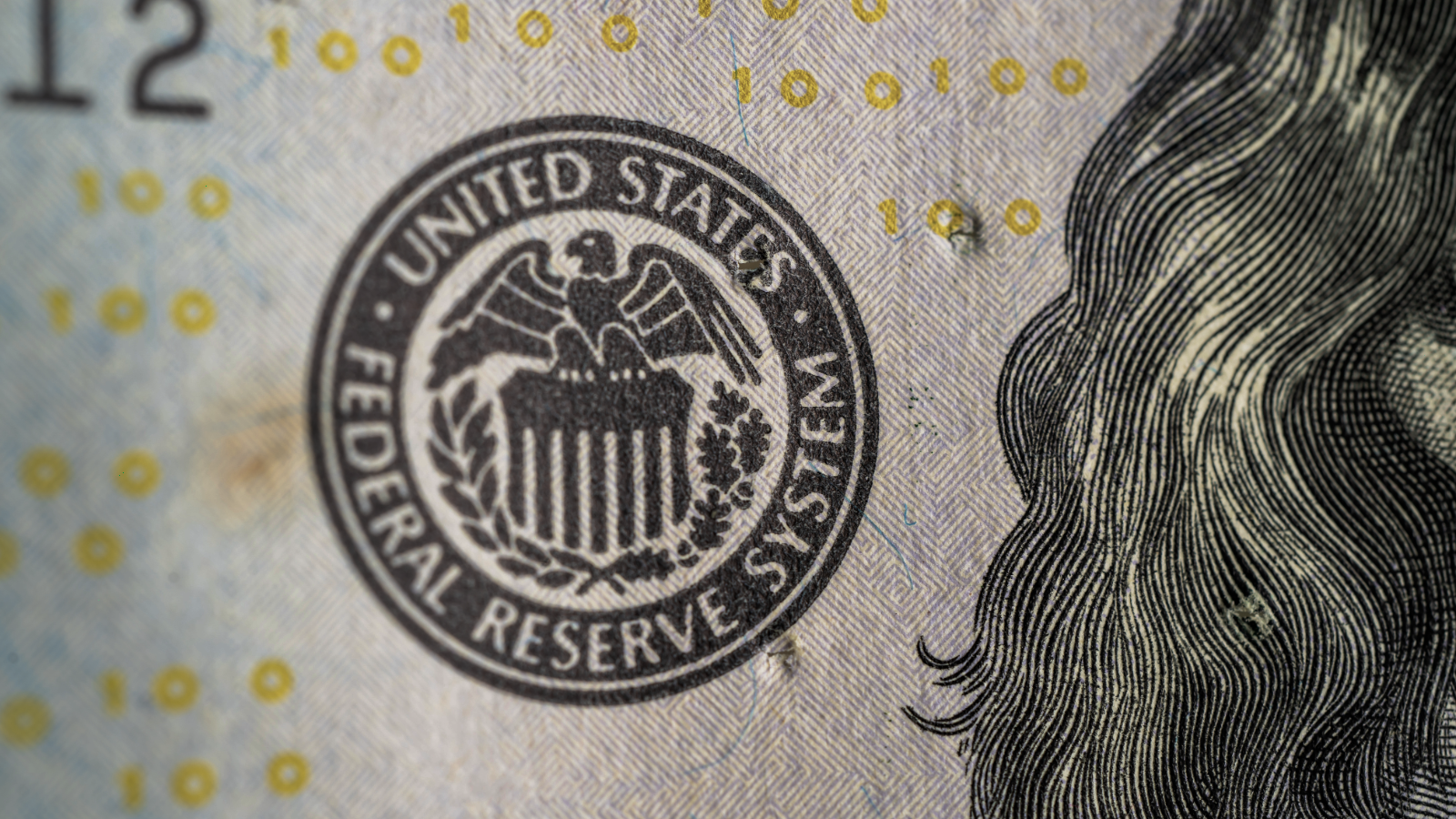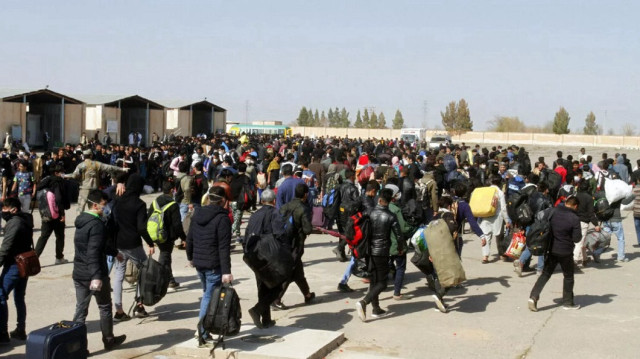Meloni-Trump Talks: Will Trade Tensions Be Resolved?
As tensions simmer over trade tariffs, Italian Premier Giorgia Meloni meets President Trump. Can this meeting ease strained EU-US relations and forge a path towards new agreements?
Published April 18, 2025 - 00:04am

Image recovered from arabnews.com
The highly anticipated meeting between Italian Prime Minister Giorgia Meloni and U.S. President Donald Trump marks a significant moment in transatlantic relations, with the spotlight on burgeoning trade tensions that have clouded the economic landscape. As the heads of state gather at the White House, discussions are expected to center on the contentious issue of tariffs that have escalated tensions between the United States and the European Union.
Trump's imposition of a temporary 20 percent tariff on EU imports has generated considerable debate and concern among European leaders, with Meloni positioned as a key interlocutor in managing these fraught relations. The Italian leader, representing EU interests, faces the intricate task of navigating these discussions amidst disagreements over tariff policies and broader diplomatic differences.
During the meeting, Trump expressed a confident yet cautious stance, indicating that while there is a possibility of reaching a trade agreement with the EU, it is not bound by urgency. This sentiment reflects the administration's strategic patience, viewing tariff revenues positively and emphasizing a 'wait-and-see' approach. Meanwhile, Meloni, in consultation with EU Commission President Ursula von der Leyen, underscores the critical importance of the EU's commercial relationship with the U.S., urging for a collaborative effort to ease these tensions.
Experts recognize the complexity of this dialogue. Fabian Zuleeg from the European Policy Center highlights Meloni's delicate mission of clarifying Trump's intentions more than achieving immediate concessions. This underscores the nuanced diplomacy required to bridge divergent perspectives, especially as Meloni has been vocal in her support for Ukraine, contrasting with Trump's reticence post-Russia's invasion.
As discussions also touch upon NATO commitments, there is a significant focus on Italy's underwhelming defense spending, falling short of NATO's 2 percent GDP target. This shortfall poses an additional layer of complexity in Meloni's negotiations, balancing Italy's economic priorities with defense obligations demanded by the U.S.
For Meloni, the stakes extend beyond tariffs, involving Italy's strategic economic interests where the U.S. stands as a significant trade partner, especially in sectors like luxury fashion and gourmet foods. It is a symbiotic relationship that propels both economies but is vulnerable to the ongoing tariff wars' shocks.
The bilateral talks serve not only to address trade disputes but also aim to solidify Italy's alliance within the EU while engaging with the U.S. As the first European leader to visit Trump post-tariff imposition, Meloni's diplomatic acumen could shape the trajectory of future EU-US engagements.
Despite ideological alignments on topics like migration and traditional values, Meloni and Trump encounter diverging stances on multilateralism and international ally strategies. With an eye on postwar reconstruction in Ukraine, these discussions could extend to broader geopolitical dynamics, showcasing Meloni's role as a potential mediator in reopening dialogues on trade and security collaborations between EU and U.S. counterparts.
As political observers watch closely, the outcomes of Meloni's Washington visit could resonate significantly across transatlantic corridors, potentially heralding a new chapter in managing trade relations while affirming Italy's influence within the EU and international trade frameworks.







